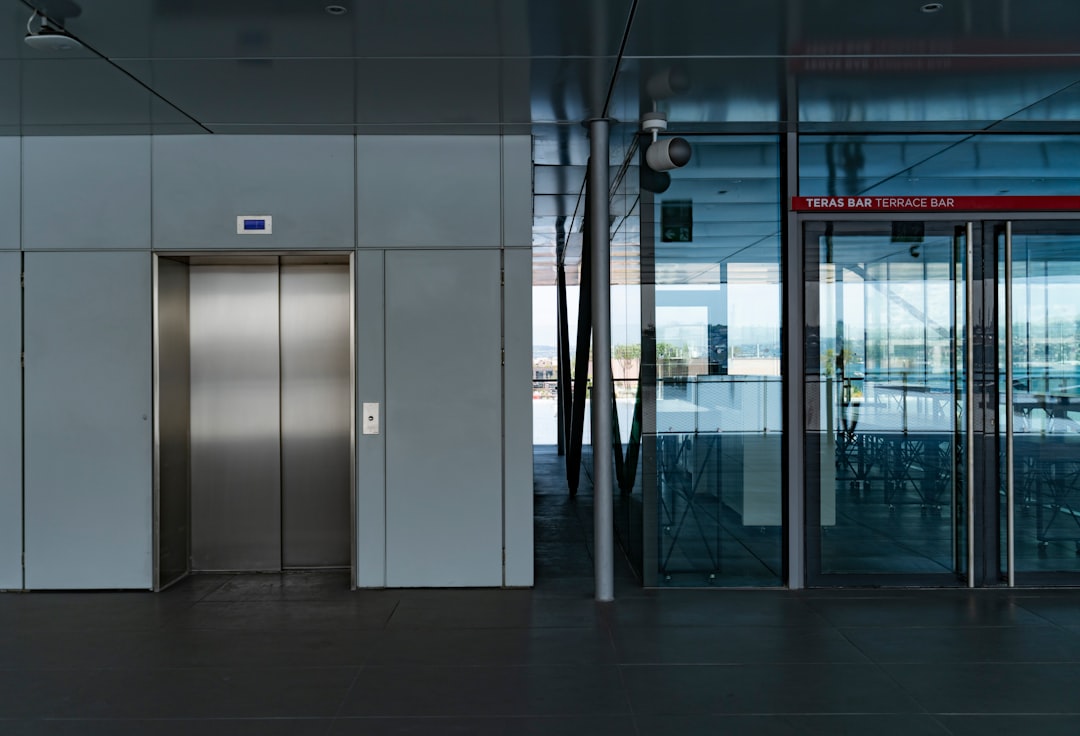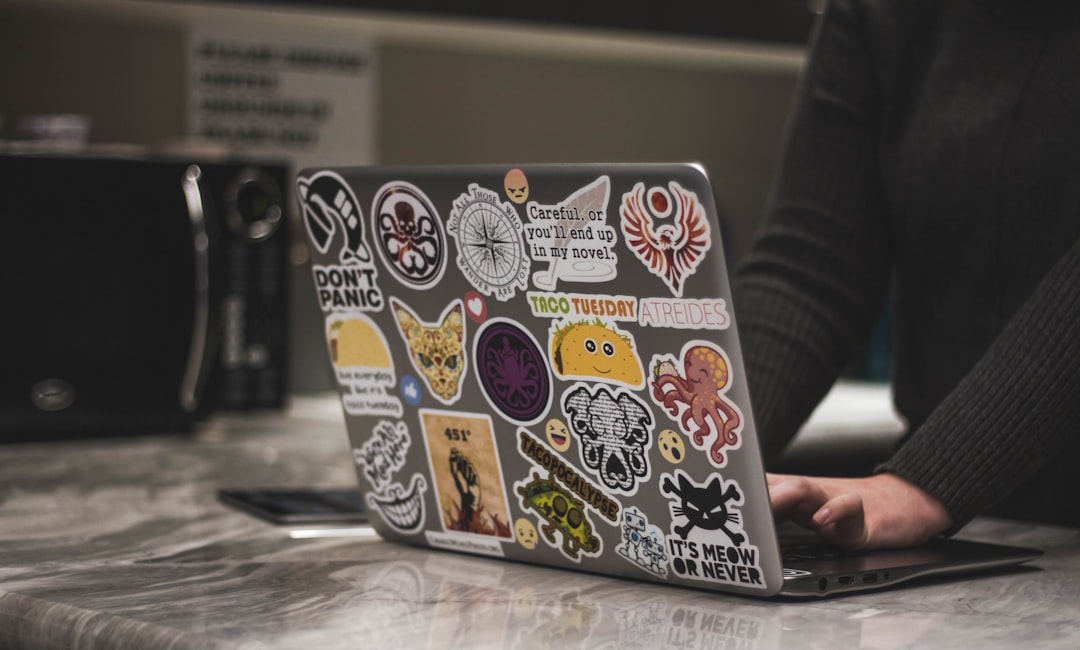Walk into any office today and you might sense something different. Maybe it’s the uncanny perfection in emails. Or the chatbot-level speed of reports. No, it’s not magic. It’s ChatGPT. And yes, everyone’s using it — even if they’re trying not to make it obvious.
This clever AI tool is making waves in the workplace. Some use it well, some not so well. Let’s dive into how it’s showing up more and more at work. Spoiler alert: you might laugh in recognition.
The Emails Give It Away
Ever get a perfectly polite response to your 5-paragraph message, just 3 seconds after sending it?
“Thank you for your detailed feedback. I will review the materials and follow up accordingly.”
Looks robotic? That’s because it probably is. Welcome to the ChatGPT era — where nobody writes emails by hand anymore. Or if they do, they steal a line or two from AI.
Spot the signs:
- Emails with grammar that is suspiciously perfect.
- Buzzwords that sound like they came from a TED Talk.
- Answers that don’t quite match the question… but sound very confident.
ChatGPT in Meetings? Oh Yes.
Note-taking just got an upgrade. Some clever team members are feeding transcripts into ChatGPT to summarize meetings. And guess what — it’s obvious.
You’ll hear someone say:
“According to the meeting summary, we decided on Option C, not B.”
And everyone goes: “Wait, when did we decide that?”
It’s because ChatGPT just assumed. But hey, at least the notes came on time.

PowerPoint Looks… Suspiciously Good
Remember those simple and boring slide decks?
Now they’re gone. Replaced by slides with catchy headers like:
“Reimagining Cross-Departmental Collaboration”
That’s not Dave from Finance talking. That’s ChatGPT flexing its branding muscles.
New signs your coworker had help:
- Bullet points that rhyme.
- Quotes nobody verified.
- A sudden obsession with storytelling.
Fewer “Uhms”, More “Let’s Dive Right In”
Presentation skills are changing too. Suddenly, Steve from accounting sounds like a keynote speaker.
He starts with a line like:
“Let’s delve into the heart of our fiscal journey.”
You’re thinking: “Whoa… Steve?”
Yes, Steve’s been talking to his new coach, ChatGPT. He’s not alone.
Presentation scripts, talking points, and even jokes are AI-assisted now. Which is great — until two people make the exact same pun about Q1. Yikes.

LinkedIn Posts All Sound the Same
You’re scrolling through your LinkedIn feed and spot this gem:
“Thrilled to have participated in a dynamic strategy session with brilliant minds. Grateful for growth and learning.”
It shows up ten more times… from different people. Same structure, same 10-dollar words. Coincidence? Nope. It’s the ChatGPT template special.
Classic signs it’s AI-written:
- The word “grateful” appears three times.
- Random motivational quote at the end.
- No actual details about what happened.
The Rise of 24/7 Productivity
Some employees now “produce” detailed reports, market analysis, and client communications at lightning speed. Faster than ever before. Suspiciously fast…
Don’t worry — it’s not caffeine power. It’s ChatGPT delivering content on demand like a pizza with extra insights.
This new super-speed is becoming obvious, especially when:
- The morning report lands at 6:01 AM — perfectly formatted.
- The presentation is done 10 minutes after the meeting ends.
- Someone suddenly knows how to write SEO-optimized blog content. And they work in HR.
Typos? What Typos?
Once upon a time, Barry’s emails were full of typos, commas in weird places, and the occasional “LOL.”
Now his messages look like they were reviewed by an English teacher and a life coach.
You can’t help but wonder: “Is Barry okay?”
Yes, Barry is fine. Barry discovered ChatGPT’s “polish this email” function.
Requests Get Vague (On Purpose)
Bosses now say things like:
“Can you put something together that sounds professional and inspiring?”
You used to panic. Now you nod, paste it into ChatGPT, and boom — a professional and inspiring blurb!
That’s the new workflow. And the more we use it, the more it shows. Because eventually, every answer sounds suspiciously like the same helpful robot.
Water Cooler Talk Isn’t About TV Anymore
Now it’s:
- “Did you ask ChatGPT to write it or just edit it?”
- “I use plugins to make mine even faster.”
- “Have you seen what Claude AI says by comparison?”
This isn’t science fiction. It’s Tuesday morning at the office.
The Great Divide: Hiders vs. Braggers
People fall into two camps:
1. The Stealth Users
These folks act like their perfect grammar comes naturally. Never admit to using ChatGPT. They just became “suddenly better” at writing, planning, and describing market trends.
2. The Proud Shouters
They’ll tell everyone. “This whole report? AI-written. I just hit ‘go.’” You can spot them because they always start sentences with:
“According to the model…”
Fun With AI – Until It Goes Wrong
Of course, not every AI experience goes smoothly. There are some awkward moments. Especially when people copy-paste without reading first.
Like:
- Generic job descriptions sent to candidates without editing.
- AI-written jokes that fall flat: “What do you call a synergistic workflow? A dreamstream!”
- Calling someone by the wrong name because ChatGPT guessed.
Lesson learned: always proofread!
So… Is It Good or Bad?
Honestly? It depends.
Good: Faster emails, cleaner presentations, more confident communication.
Bad: Laziness, overreliance, and awkward situations when AI gets too creative.
The key is to use ChatGPT as a tool — not a crutch. It helps a lot but still needs that human touch.
Final Thoughts
ChatGPT is the silent coworker everyone now depends on. It never takes a vacation. It never says no. And it’s getting obvious that it’s here to stay.
So next time you read a surprisingly poetic budget recap… give a little nod to the bot behind the scenes.
Just remember — it’s okay to get help. It’s also okay to laugh when it sounds like your meeting notes were written by a Shakespearean butler. Let’s keep it real, even as things get artificially intelligent.




